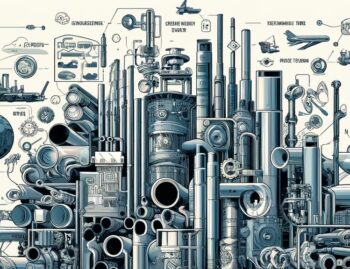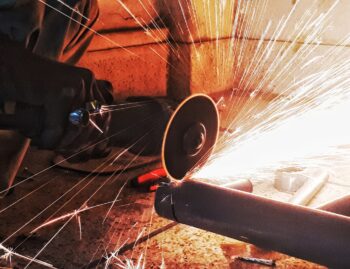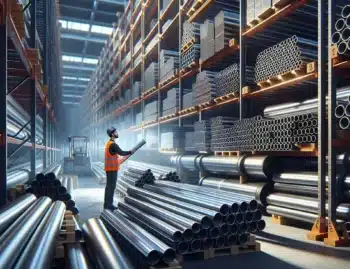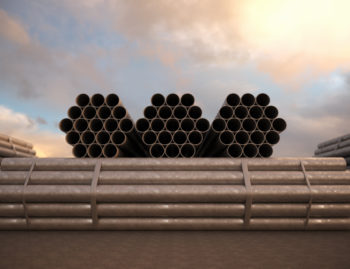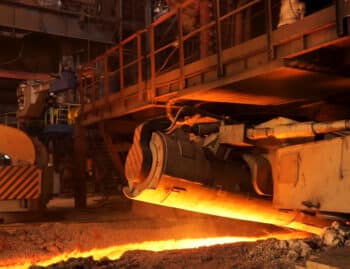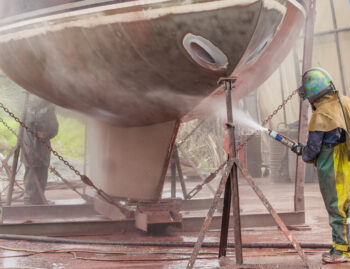The Trump plan is designed to increase profits for U.S. metal manufacturers. However, analysts fear this could cause U.S. consumers of steel and aluminum to lose money, as U.S. metal makers would have increased pricing power with imported metals becoming more expensive. Additionally, aluminum costs are almost guaranteed to rise as virtually all of that metal is imported.
Scott Wine, CEO of Polaris Industries Inc., a manufacturer of snowmobiles and ATVs, says his company spends over $300 million per year on steel and aluminum. Wine says the tariffs would raise his company’s costs an estimated one percent, which he feels is manageable. However, Wine says Polaris would have to find a way to deal with the possible price increases from their domestic metal suppliers.
U.S. construction companies and automakers could be among the most impacted by the tariffs. In 2017, the U.S. construction industry accounted for approximately 40 percent of U.S. metal consumption and the auto sector accounted for just over 25 percent. However, U.S. Commerce Secretary Wilbur Ross said the effect of the tariffs would be trivial, pointing out that the one ton of steel used to make an average vehicle would have a minute impact on overall vehicle costs.
Sales or Profits?
Based on research conducted by consulting firm Ducker Worldwide, the typical American-made vehicle weighs roughly 1.9 tons, or 3,835 pounds. This breaks down to 54 percent steel and 11 percent aluminum. However, producing parts leads to waste, which raises costs further.
Overall, Ducker estimates U.S. carmakers consume 2,925 pounds of steel and 526 pounds of aluminum to build an average car. If these numbers bear out, automakers will need to offset the higher cost by raising prices, which could negatively impact sales, or accepting a lower profit margin. However, Joseph Amaturo, an analyst with Buckingham Research Group, states the Trump Administration’s new tariffs could add $300 per vehicle, which works out to roughly one percent, the same numbers cited by Wine and Secretary Ross.
The Broad Market
The new tariffs could affect everything produced in the U.S. that contains any steel or aluminum, or a percentage thereof. Many products contain metal alloys, which contain a percentage of steel and/or aluminum. With alloys being more expensive to manufacture in the first place, tariffs could have a substantial impact on everything from tractors to tuna fish cans.
JP Morgan analysts say the proposed tariffs could put a dent in both Caterpillar and John Deere tractor sales by as much as nine percent. Edward Jones analysts say the new import taxes would affect food prices as well. Aluminum tariffs would have the potential to raise costs about seven percent for breweries, especially those whose largest market is the U.S.
Overall Earnings
According to stock market analysts, tariffs are unlikely to significantly impact Corporate America. Keith Parker, an analyst for United Bank of Scotland, with offices throughout the U.S., says the impact on total corporate earnings is driven by the overall economy. This is confirmed by large companies failing to adjust their earnings estimates following the President’s announcement. Scott Wren, equity strategist at Wells Fargo, says there will be repercussion from the tariffs, but it is not going to be the end-of-the-world gloom and doom some are predicting.


